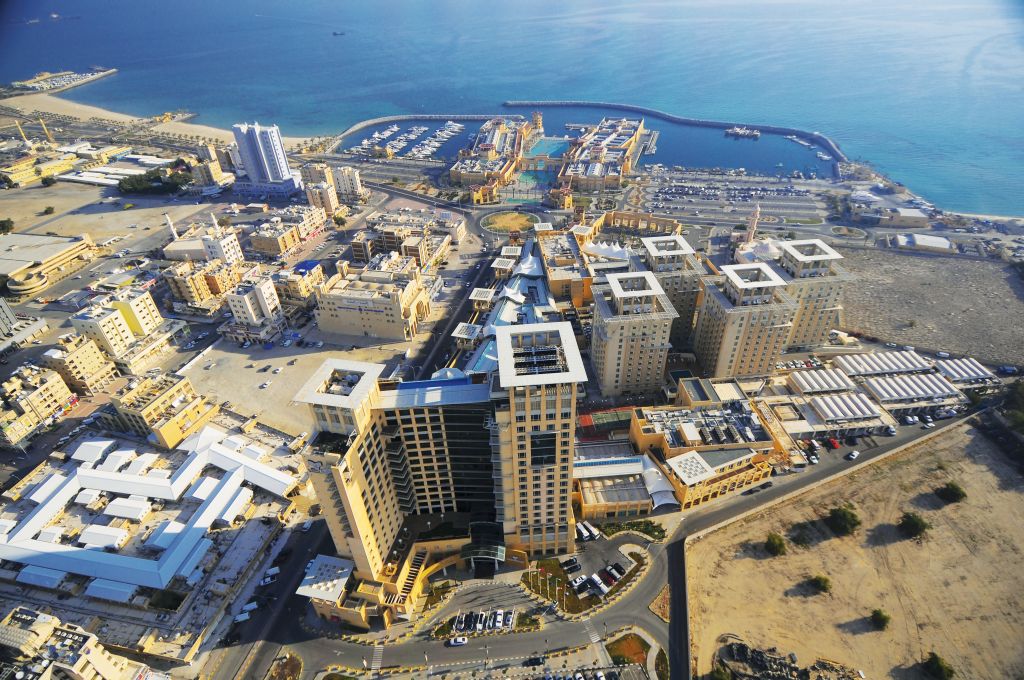Crisis in Kuwait
Should Kuwait MPs push through a bill limiting the time expatriates can stay in the country, the consequences could be devastating to the Kuwaiti construction industry. Big Project ME investigates.

This November just past, a controversial bill that called for the imposition of a five-year residency cap on foreigners in Kuwait was cleared by the parliament’s legal and legislative committee. The bill, which also proposes a ban on workers bringing their families into the country, has been met with strong opposition from both locals and expatriates working in Kuwait’s various industries.
Introduced by the MP Abdullah Al Tamimi, the bill aims to limit the size of any expatriate community to less than 10% of the Kuwaiti population, which is now estimated to be 1.25 million. Under the terms of the proposal, no community should be larger than 125,000 people. Applying to unskilled and semi-skilled expatriates, if the bill is passed, it could have a disastrous effect on the relatively stagnant Kuwait construction industry, which has only recently shown signs of coming to life.
The Indian community is the largest in the GCC member states, with approximately 670,000 members. The Egyptian community is the largest among Arab nations, with around 520,000 people. Should the bill be passed by parliament, thousands of foreigners could be forced to leave the country. Others that could be affected include the Bangladeshi, Pakistani, Filipino and Syrian communities.
Although highly qualified and skilled expatriates would not be included in the proposal – and GCC, European Union and US citizens, as well as consultants and doctors, would be exempted – the business community has warned of grave economic consequences should the bill be passed.
Once the legal and legislative committee assesses the bill and judges it in line with the constitution and the laws of the country, the interior and defence committee will have to pass the bill. If it is passed by the parliamentary panel, it will be taken up by lawmakers, who will debate its merits in parliament. From there, should it be endorsed, it will be referred to the government of Kuwait for final approval.
The decision to clear the bill through the legal and legislative committees comes as Kuwaiti ministers and members of Parliament call for campaigns and reforms to address the “imbalanced demographics of the countries”.
“There is a critical need to find solutions for the demographic situation in Kuwait,” said MP Khalil Abdullah, who called for the deportation of 280,000 expatriates per year for the next five years in February 2014. “We need to have a Kuwaiti population that is at least equal to the number of foreigners who live in the country.
Since we have 2.5 million expatriates, we need to bring the number down to 1.1 million in the next five years, which means we need to reduce their numbers by 280,000 every year.”
Construction professionals in the country have responded with alarm to this announcement, pointing out that such a ruling could have a huge impact on ongoing construction and infrastructure projects, which need foreign labour to be completed. About two-thirds of Kuwait’s total population of 3.369 million is made up of unskilled Asian labourers, the bulk of them employed in the construction sector.
“Would this bill be disruptive to the construction industry? Yes, I believe that it would be. If qualified people are to arrive here and get an understanding of how the construction industry works, and if they’ve got a limited time of five years, then it’s obviously going to be difficult,” said Clive De Villiers, vice president of Contracts and QS Services at KEO International Consultants.
“It certainly will [hamper construction projects],” he warned Big Project ME. “Some of the big infrastructure projects last for more than five years. If you get people in, and then after five years, you start from the beginning, it’s going to be massively disruptive. You lose all the knowledge and everything else on that project. It’s going to have a big impact.”
Faleh Al Ajmi, a Kuwaiti national and the head of Business Support at Ecovert Facilities Management, agreed vehemently with De Villiers. Calling the proposed bill “short-sighted” and “lacking in vision”, Al Ajmi said that should the bill pass, it would be a massive setback to Kuwait’s plans to develop as a nation.
“I feel very sorry that a parliament like this, in a rich country like Kuwait [could do this]. I believe that this plan that they’re thinking about, it’ll be the first time in history that someone would think this way. Without expats, the country will no longer be able to grow,” he asserted strongly.
“In all of the greatest countries of the world, they started off by being immigration countries and then with time, they became great countries. Without expats, we cannot build the country. I’m very happy to have expats in the country, they’re doing a good job and without them, we cannot build the country,” he reiterated.
“For a long time, everything in Kuwait stopped. I believe that it’s not a problem of money. It is available. In other countries, when they want to do a development, when they want to grow, the main problem is money. In Kuwait, we do have the money, but they don’t have the vision, they don’t have a real leadership,” Al Ajmi stressed.
De Villiers pointed out that the decision to push the bill forward could be influenced by a desire to nationalise the Kuwaiti economy. With the Gulf states determined to push through nationalisation, Kuwait could be following suit, he said.
“This could well be a chance for the government to ensure that the ‘Kuwaitisation’ of major projects does happen. It will integrate them more into the business. So yes, in that respect, it could happen.”
However, Al Ajmi said that while this was a possibility, and that he would understand the thinking behind that, he still had reservations about the decision. “The local people, they are not more than 1.1 million. We are not enough to do all the projects. And especially when the local people don’t accept a lot of labour work, whether it’s construction, cleaning or being a driver. Even being a receptionist in a hotel [is considered beneath them]. This is normal here because of the lifestyle here, where the income [for locals] is too high. They will not accept these standard of jobs.”
Despite these concerns, De Villiers remains optimistic that the bill will not pass, citing the many concerns and the inherent difficulties that will come with it. “I’d be very wary of this bill coming to fruition. Personally, I don’t think it will happen. It’s quite controversial, but like most government authorities, they do come up with ideas that are controversial and they put them up so that they can receive feedback and get a general reaction. But personally speaking, I don’t think it’s going to happen.”

























